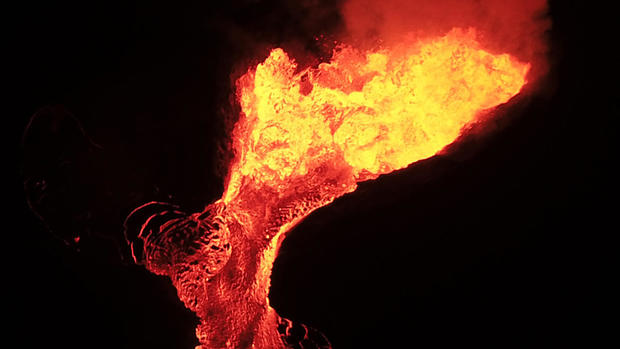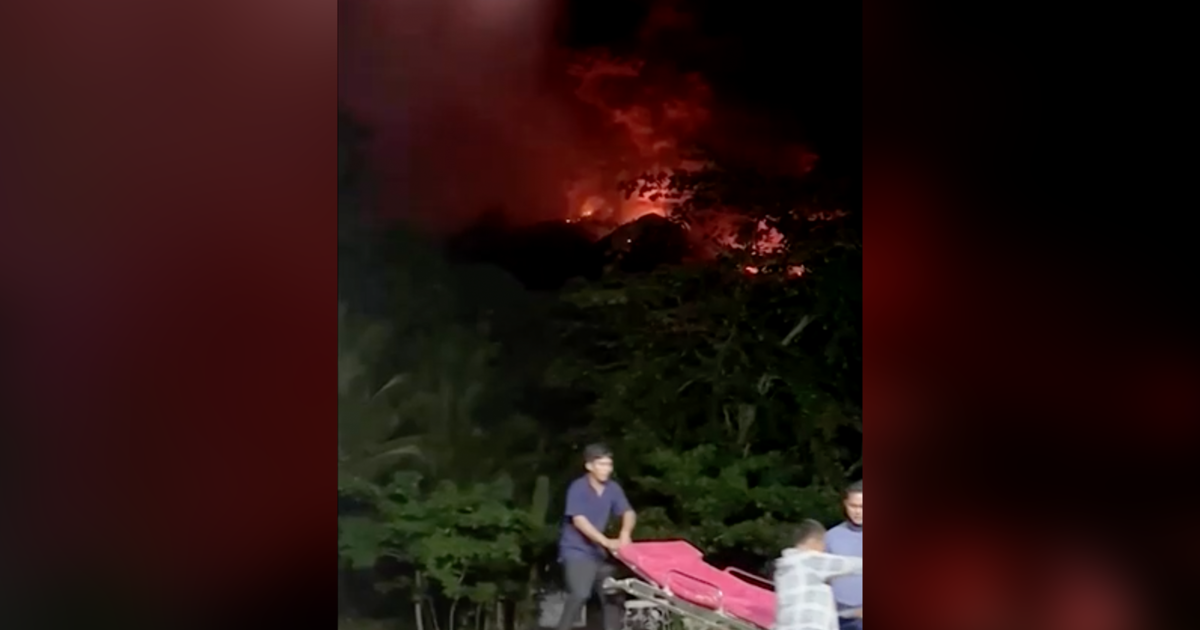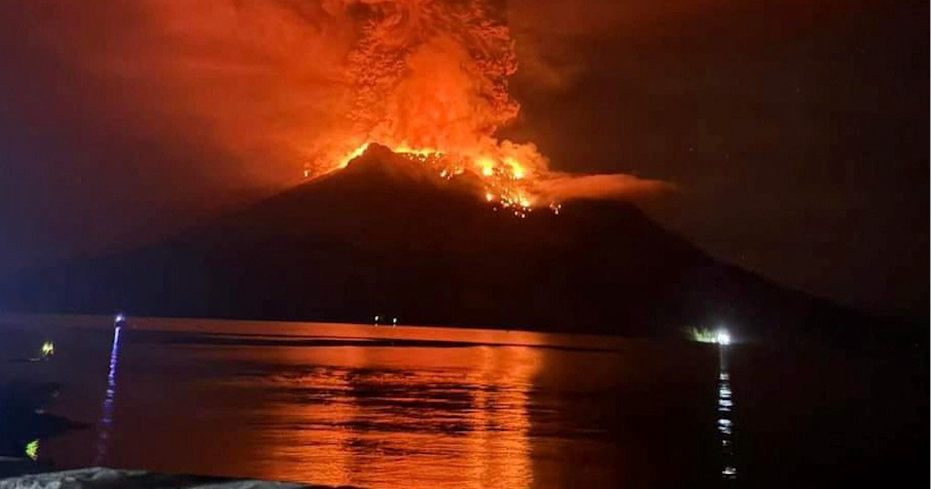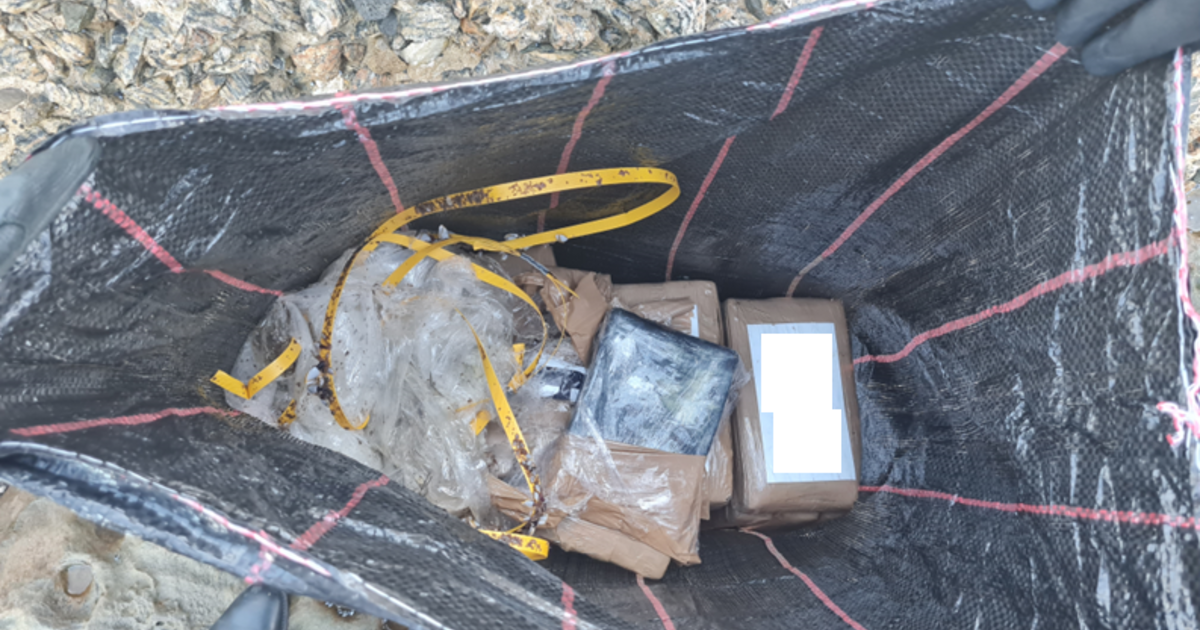Hawaii Kilauea volcano eruption: More Big Island residents told to be prepared to evacuate
Hawaii County Civil Defense officials urged residents in a community near Kilauea Volcano to be vigilant amid ongoing volcanic activity and hazardous emissions — and to be prepared to evacuated on short notice, CBS Honolulu affiliate KGMB reports. Scientists believe the conditions are ripe for a major explosion within the next few days, CBS News' Carter Evans reports.
Residents of Puna are also being told they can evacuate voluntarily to one of two evacuation shelters at Pahoa and Keaau community centers. In Puna, hazardous fumes continue to pour from 15 fissures that stretch over nearly 3 miles, KGMB reports.
Since the eruption started more than a week ago, 36 structures, including 27 homes, have been destroyed. Lava is now covering more than 117 acres of land on the Big Island.
USGS scientist Tina O'Neal said Friday there are continuing high levels of earthquake activity and ground activity that suggests magma is still close to the surface. There were no eruptions overnight, but the O'Neal said the situation is still unstable.
Geologists are warning a possible explosion at the summit of Kilauea could be the largest in nearly 100 years, hurling boulders the size of refrigerators. Since last week, lava has been siphoning away for the volcano's summit, breaking through the ground in the 15 fissures. As a result, lava levels inside the volcano's main crater have been decreasing. If more rocks and boulders fall into the crater, it could create a blockage and pressurize steam as the lava reaches groundwater levels. The resulting explosion can blast rock and ash for miles.
Scientists believe lava that's been erupting is magma that's been stored in the ground since Kilauea volcano erupted 63 years ago. Hawaiian Volcano Observatory Scientist Tina Neal said Friday that an analysis of rock samples indicates the lava's chemistry is similar to that from a 1955 eruption.
She said that's why the lava has been cool and has been moving a little sluggishly.
Neal said fresher, hotter lava could emerge because magma has been moving down Kilauea's rift zone toward the area where the volcano is erupting.
She said hotter, fresher and gassier magma can result in more voluminous lava flows. Fresher magma may also produce lava fountains that shoot higher into the air and larger, faster-moving lava flows.
Hawaii's Gov. David Ige signed a presidential disaster declaration request for the Big Island, saying he believes the scope of damage meets the threshold for more federal help.




